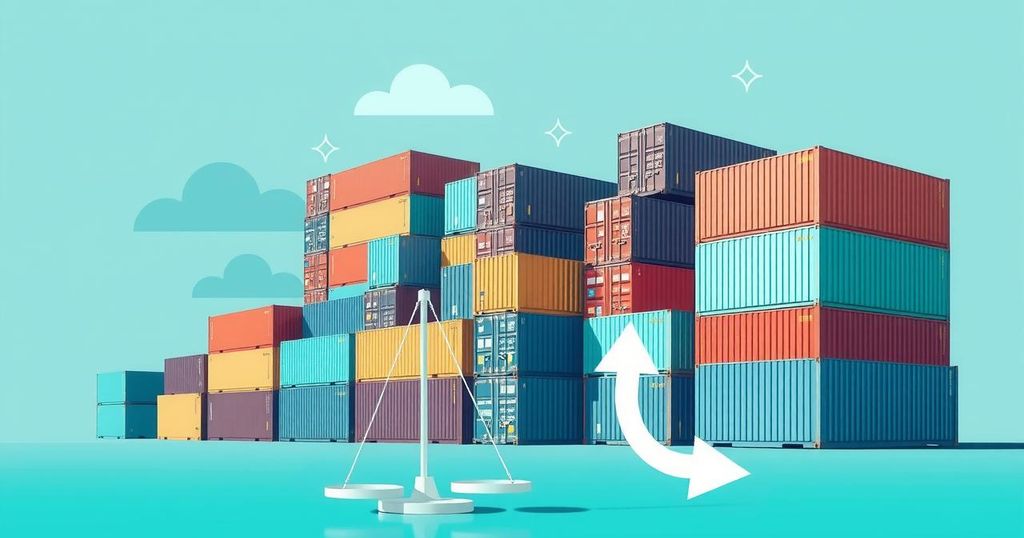US Intelligence Links India to Fentanyl Trafficking Amid Tariff Concerns

The US intelligence report identifies India and China as “state actors” involved in supplying precursor chemicals for fentanyl production, contributing to over 52,000 American deaths in a year. This marks a significant shift in India’s positioning concerning drug trafficking and comes as President Trump emphasizes combating the opioid crisis through tariffs and trade negotiations with India.
The United States intelligence report has classified India, alongside China, as a “state actor” involved in facilitating the supply of precursor chemicals for illicit fentanyl production. This synthetic opioid, among other similar drugs, has resulted in over 52,000 American fatalities within a 12-month period ending in October 2024, as highlighted in the Annual Threat Assessment (ATA) released by the US intelligence community.
Transnational criminal organizations (TCOs) are reportedly supported by state actors like China and India, who provide essential precursors and equipment for drug trafficking activities. The report emphasizes that while China is the principal supplier of illicit fentanyl and related equipment, India has now been identified as a significant contributor in this illicit trade.
This marks the first occasion the United States has positioned India at the same level as China regarding the supply of fentanyl precursor chemicals integral to drug cartels’ operations. Previously, India was mentioned as a minor sourcing country in last year’s report, highlighting the shift in perceptions regarding India’s role.
The release of this report coincides with US President Donald Trump prioritizing opioid epidemic combatting in his political agenda, influencing foreign policy decisions. Trump previously stated his commitment to eradicating the fentanyl crisis from America altogether, emphasizing the urgency of taking action.
On February 1, the President enacted a 10 percent tariff on China due to inadequate efforts against fentanyl traffic, and introduced 25 percent duties on Canada and Mexico for similar reasons. Notably, Trump has also hinted at imposing additional tariffs on numerous countries, linked to his upcoming “Liberation Day” tariffs. Despite these challenges, India is actively engaged in negotiations with the United States to finalize a free trade deal that may offer protection against some of these tariffs.
In conclusion, the recent US intelligence report has established India’s role alongside China in the supply chain of precursor chemicals for fentanyl production. This shift underscores the increasing scrutiny on India as the United States intensifies its focus on addressing the opioid crisis. President Trump’s tariff strategies and negotiations for a free trade deal with India further highlight the complex dynamics in US-India relations amid concerns over drug trafficking.
Original Source: www.ndtv.com








